12 Questions to Ask When Choosing a Translation Company
Your company has some projects lined up for the year that will require it to communicate in more than one language.
You get on Google and search for “translation companies + insert your search criteria here”. In fact, you are probably reading this article because of a search you just did.
You get about a dozen viable options to choose from. The next step is to reach out to those translation companies and get the pricing, right?
Your gut instinct tells you to think of the service as a commodity in order to get a fair comparison and you will most likely go with the lowest price.
Because why pay more for a commodity that’s essentially the same?
The problem here is that not all translation companies sell the same thing even though on the surface they appear to.
How do you determine which company is right for you?
Do that by asking the following 12 questions. You can then compare the data to help you with your selection process.
1. Establish Expertise and Specialization
You work in a specific industry that has its own language, like the one in this example. Make sure the translation company you select understands this.
Some translation companies specialize in patent translations, whereas others focus on medical documents. If you come across a company that claims to do it all, think twice about doing business with them.
One company can’t be a great at everything, despite their great marketing message. Your goal is to identify a translation company that specializes in your industry.
Question to Ask: What is your area of expertise and specialization?
2. Determine Linguist Credentials
There is a big difference between a bilingual individual and a professional translator. There is also a big difference between how different companies screen and qualify their translators.
Your goal here is to make sure that the company is working with seasoned professionals, some of whom may even be certified by the American Translators Association. Just like companies, professional translators specialize in specific fields. One can’t do it all!
Also, keep in mind that many companies work with freelance translators as opposed to in-house employees. That should not pose any issues for you as long as the company has strict processes in place with regard to quality assurance and confidentiality.
Question to Ask: How do you screen and qualify linguists you work with?
3. Learn About the Project Process
Find out whether the company will use a standard process for all your projects and whether it can be customized per your requirements. At the very least, the process should include measurable milestones such as estimates, project work and project delivery.
Communication is especially important. You should establish a clear communication plan with the company, especially for large scale projects. One possible item to include in the communication plan is weekly status updates.
A great company should make the project process as easy as possible for you. That’s less for you to worry about, because you already have enough to do.
Question to Ask: What is your project process and will it be customized for our needs?
4. Meet the Team
When engaging a translation company, ideally you would want a dedicated account manager and project manager assigned to your account. The account manager will handle the sales and administrative tasks whereas the project manager will be responsible for all the actual project work.
Not having a dedicated project team assigned to you can lead to frustration; especially if you have to explain yourself over and over again to people you haven’t worked with before.
Avoid the frustration by requesting a dedicated project team.
Question to ask: Will we be assigned a dedicated account manager and project manager?
5. Learn About the Technology
Depending on the scope of your project, your translation company may need significant technical infrastructure in place to complete the work. This includes both hardware and software.
If you are working with large audio and video files, bandwidth and storage are the two areas to look at immediately. Video files can take days to upload and download, which could delay your project.
On the software side, check with the translation company to see if they can work with Adobe Creative Suite, Articulate Storyline and other applications that may be used in your industry.
Question to Ask: Do you have the technical infrastructure to support our work?
6. Specify Security and Confidentiality Standards
Your content may include sensitive information such as social security numbers, bank account numbers and HIPAA PHI. You invest significant resources in protecting that information on behalf of your clients.
Make sure that the company you are planning to work with has security compliance protocols in place to handle such information with care.
Many U.S.-based companies work with freelance translators around the world, so if you are particular about where your data is stored and shared, be sure to clarify it with the company in advance.
Question to Ask: How do you handle confidential information?
7. Understand the Scale
Translating 1,000 words in one language is a lot easier than translating 100,000 words in ten languages. Be sure to specify the magnitude and scale of your projects to the translation company.
Like manufacturing facilities, some translation companies are suited for smaller projects and simply don’t have the resources to handle large scale assignments. You don’t want to put yourself in a position to find out that the company you just awarded the contract to can’t handle the work.
Ideally, the company you choose can demonstrate experience with similar projects either through references or case studies.
Question to Ask: What is your experience with projects similar in scope to ours?
8. Set Expectations for Quality
Find out about the company’s TEP process. Do they have one in place?
TEP stands for Translation, Editing and Proofreading. Those three steps are essential to every translation project.
The translation part is completed by one person. The editing and proofreading are done by another.
Ideally, all three steps should be done by different people. At the minimum, there should be at least two.
Think about the big picture and how the TEP process will integrate within your project. Other quality assurance milestones may be needed along the way such as post-DTP review, focus group feedback and in-country localization testing.
Question to Ask: What does your quality assurance process look like and how will you integrate it with our needs?
9. Expect Consistency
I try to be as consistent as possible in all articles that I write. Inevitably, I will make mistakes along the way and use different words to describe similar concepts.
Consistency issues are magnified during the translation process, especially if they are not caught and corrected during TEP and QA steps.
Luckily, there is translation technology that can be leveraged to help ensure your translated message is consistent.
With the help of translation memory, once a word is translated a certain way it can then be used (leveraged) throughout all your content in a consistent matter. A terminology list and a glossary are also useful in this area.
Not all companies have in-house translation technology. Choose the one that does if consistency is important to you.
Question to Ask: Will you start a dedicated translation memory and terminology list for our project?
10. Be Ready for Changes
There are two scenarios you will come across working with translation companies. They include changing something during the project and changing something after the project has been completed.
Ideally, you want to avoid change orders during the project. Depending on the changes, the project cost may go up and the delivery timeline may be extended.
You always have to be ready for the unexpected and your translation company should be too. Clarify the company’s change order process and any risks associated with it.
The second scenario can usually be classified as a project update. Changing something after the initial project is completed is basically starting a new project to implement those changes. Here is how you can save costs doing that.
Question to Ask: What is your change order process?
11. Get It In Writing
In my experience, estimates for small projects (less than $25,000) usually end up equaling the final invoice amount. The turnaround time is easier to estimate and plan for in small project as well.
For large scale projects that require ongoing translation work and a commitment of several months, the estimates may not be as precise. This is largely due to changes in scope during the project.
If you are getting multiple bids for a large scale project and one bid seems very low compared to the others, it’s probably too good to be true.
The chances are that the company bidding on it didn’t understand the full scope of your project.
Question to Ask: How accurate are your estimates with regard to cost and turnaround time?
12. Ask for References
Companies are really great at talking about themselves. They even have marketing budgets for that purpose.
Don’t be seduced by their marketing message – ask for client references!
Three references should do. Contact those references by phone and email, and ask about their experience with the company you are thinking of working with.
Question to Ask: What do others say about you?
Are you currently in the process of choosing a translation company?
Consider NWI Global. We may be able to help.
Learn more about our services.
Conclusion
Now that you have the answers to the above questions, it’s fair to consider the price. It’s certain that some prices will be higher than others.
Instead of choosing strictly based on price, you can now form an opinion on the value behind each estimate.
You can determine what’s valuable to you based on how your selected pool of companies responds to these questions.
This list of questions is by no means all-inclusive.
However, it will get you started in choosing the right translation company for your project. You may even find yourself adding your own questions to the list once you start the procurement process.
Feel free to share additional questions and your feedback in the comments section.


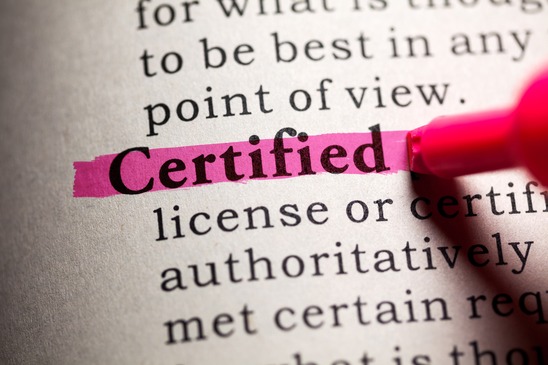

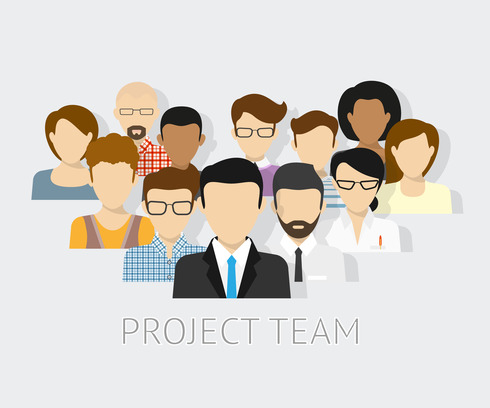




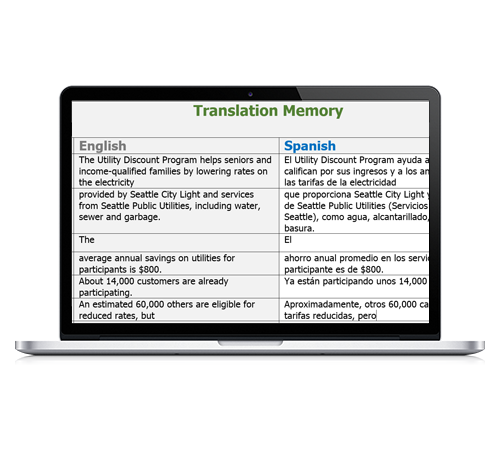
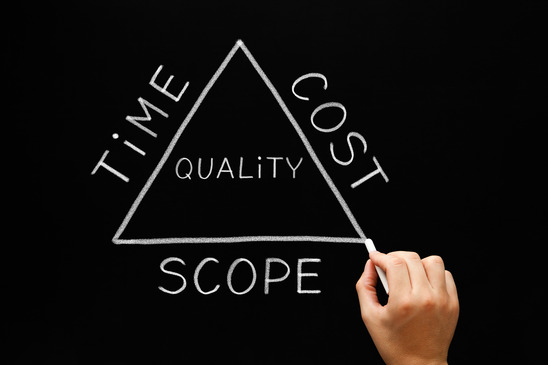
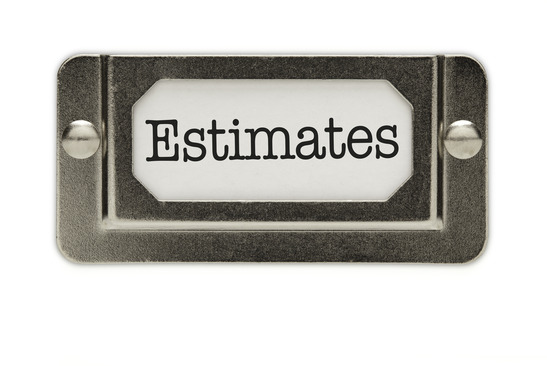
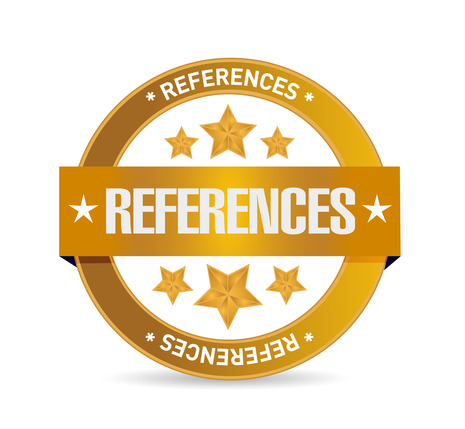
Leave a Reply
Want to join the discussion?Feel free to contribute!